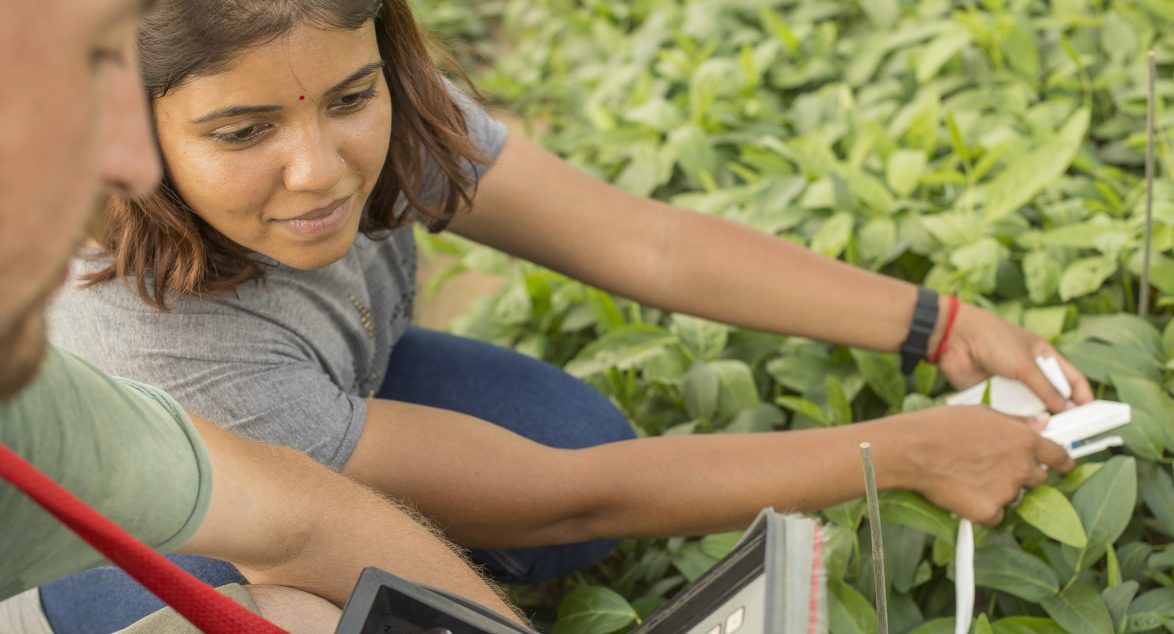
July 20, 2018, by Carla
What Are Knowledge Transfer Partnerships and Could One Kick-Start Your Career?
By Jiri Hromadka, KTP Associate at the University of Nottingham
Knowledge Transfer Partnerships (KTP) is a three-way partnership between a university, a company, and a graduate or post-graduate, known as a KTP Associate. They work together on a two-three year project that aims to transfer knowledge from the university to the business.
I am a KTP Associate with the University of Nottingham and Gill Research & Development. My project brings together emerging technology developed at the University with Gill’s development of new products. If you’re not sure whether you want to work in a company or do something a bit more academic, this is a great way to experience both.
This June, I attended the KTP Associate Conference. I met other graduates on the programme, heard about their projects, and explored where KTP could take me next.
Facing real-world challenges
Sayed Azam-Ali, CEO of Crops for Future, discussed the challenge of feeding the world’s population through sustainable agriculture. While my project challenges aren’t quite as big, it showed how important it is to think about how my research is used and communicated in order to advance my project. I really liked his video presentation, which is an interesting idea for presenting my work quickly and to a non-technical audience.
Developing project management skills is another great opportunity that KTP presents. The Ingenuity Workshop at the conference involved groups of KTP Associates getting together to discuss the challenges they faced in leading their projects. At the end of the session – and after many sticky notes! – I had lots of ideas on how to communicate my project with different groups of people.
An opportunity to network
KTP is a UK-wide programme with over 700 associates across the UK. Attending the conference helped me see just how many areas the programme spreads across and how varied the backgrounds of the graduates were, from first-degree to PhD students.
I met lots of other KTP Associates during the networking element of the conference. I heard about all sorts of projects, ranging from using drones to help monitor crops to exploring insect cannibalism!
Learning from other graduates
The most useful aspect of the conference was getting to hear from ex-KTP Associates. You get a training and development budget of £2,000 per year, so finding out how previous associates used their budget gave me some great ideas.
It was also great to see how others had used the skills developed during their projects to progress in their careers. For example, someone who had just finished their KTP was offered a role as a technical manager straight after the project. Another, who decided that they wanted to go back into academia, was moving to New Zealand to work in a research council. The closing keynote speaker, Matt Hague, undertook a KTP 20 years ago and is now a director at the same company! He also made this brilliant comment:
“Undertaking a KTP can give you the opportunity to work directly with company managers, team leaders and top experts in the field on a level you may not get elsewhere so early on in your career.”
I’m currently 13 months into my project, and attending the conference helped me see just how big the programme is. It has inspired me to think more about how to maximise my experience so I can build skills for the future.
KTP is an Innovate UK funded programme. If you are interested in finding out more, please visit their website or send them an email.
No comments yet, fill out a comment to be the first

Leave a Reply